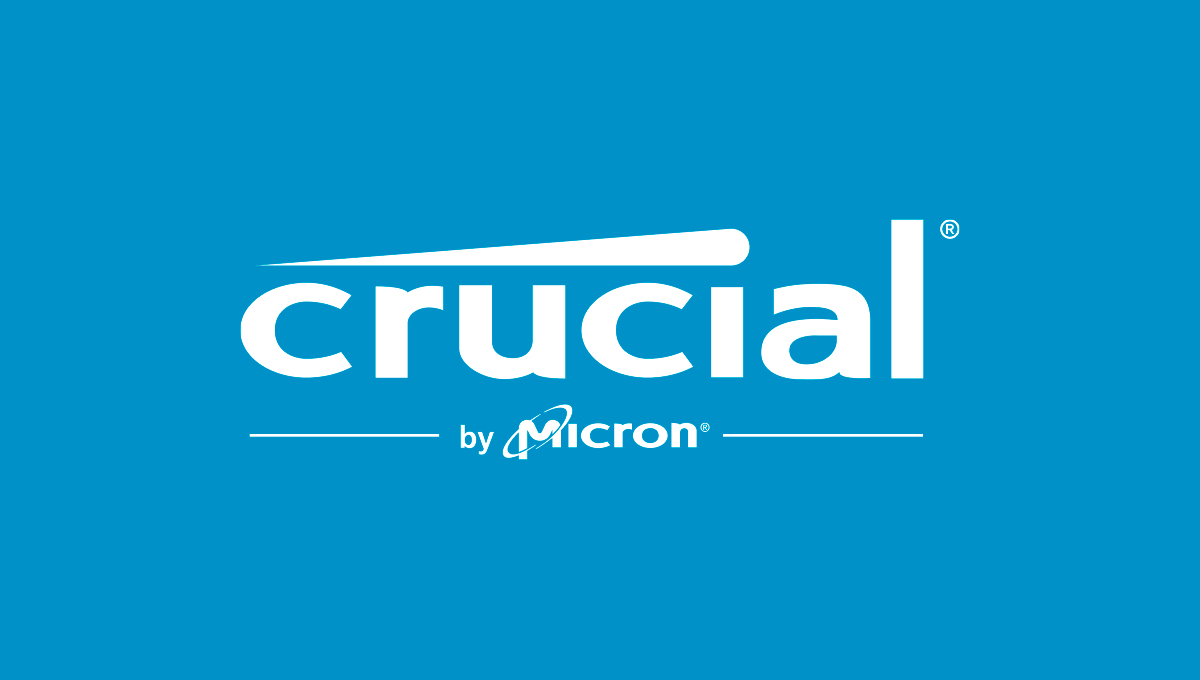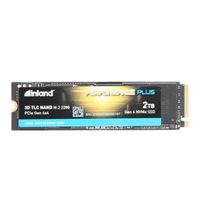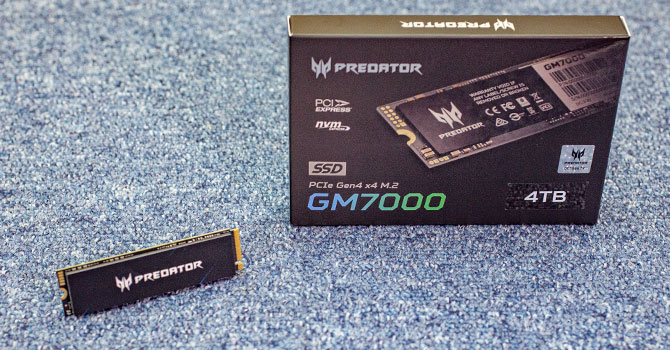I moved this discussion from General Gaming to the Desktop Hardware section as I felt it was distracting from Zed's original post. Is there a visual difference between using a NVMe SSD or a SATA SSD when it comes to gaming? If I were buying or building a new gaming PC now, I would definitely choose the NVMe SSD. But what about upgrading an older PC, is it worth the time & money to upgrade? Current "C" drive & gaming drive is a Samsung (sorry Zed) i1TB 860-Pro SATA SSD.While on the topic of SSDs, would I see a noticeable increase in data transfer if I replaced my current SSD with a NVME SSD? I'm thinking strictly gaming benefits. Maybe I should post this over in the hardware section (?), but it seemed relevant to post here, as I've been thinking about possible upgrades to a nearly 4 year old gaming PC.
I'm looking at this NVMe from a recent PCG article and is on sale:
One of our highest-reviewed NVMe SSDs is the cheapest it's ever been | PC Gamer
Seagate 2TB FireCuda 530 PCIe 4.0 x4 NVMe M.2 ZP2000GM3A023 B&H (bhphotovideo.com)
I was concerned that my current MOBO, (MSI Z390 Gaming Edge AC) being almost 4 years old, wouldn't have an M.2 slot, but apparently it has two:
I consider myself an experienced gamer, but my tech knowledge leans towards the Neanderthal era. The above NVMe seems like a great deal to me, but am I actually going to see a benefit when it comes to gaming?





